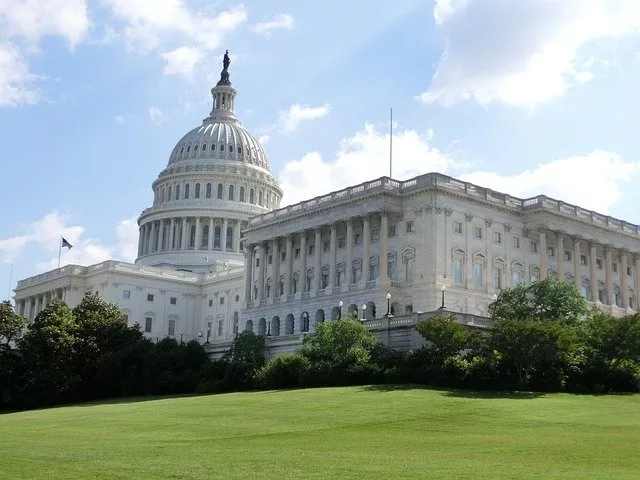The Senate Finance Committee signaled bipartisan interest in holding health plans to account for ghost networks.
On Wednesday, the committee heard testimony from health care advocates and providers on ghost networks. Although the committee did not take action, members discussed the importance of tackling ghost networks as part of its work in reforming mental health regulation.
“It’s a three-legged approach,” Committee Chairman Sen. Ron Wyden (D-Ore.) said. “[You’ve got to] have more oversight, greater transparency and serious consequences for insurance companies that are fleecing American consumers.
“And, I believe greater transparency, for example, ought to be an easy one for members of this committee to get around. I don’t know anything about the accountability you get with transparency being a partisan issue.”
Similarly, Ranking Member Sen. Mike Crapo (R-Idaho) said if Congress takes action on ghost networks, sometimes called phantom networks, it could help reduce the administrative burden on providers and increase patient access to care and improve Medicare. The Senate Finance Committee oversees Medicare, the federal health plan for seniors and those with select health conditions.
“As we look to enhance Medicare, we should prioritize these and other bipartisan goals and we must do so in a fiscally responsible manner,” Crapo added.
Wyden shared the results of a “secret shopper” study his staff conducted last month on the mental health networks of 12 unnamed Medicare Advantage plans, a privately administered version of Medicaid.
The results were bleak but reflected those of academically rigorous studies. Only 18% of secret shoppers could get an appointment, while one-third of contact information was unusable.
“Ghost networks are an ongoing, persistent problem,” Wyden said. “The finance committee has been looking closely at this issue, and we put a lot of sweat equity into developing legislation to improve mental health care for all Americans from telehealth to youth mental health to workforce to care integration and parity.”
Congress has passed some legislation in recent months to address phantom networks. The latest omnibus funding bill, the Consolidated Appropriations Act of 2023, requires s Medicaid plans to create searchable, up-to-date directories of providers.
In January, a bipartisan group of senators called out Elevance Health and the Blue Cross Blue Shield network, Humana and UnitedHealth Group for their ghost networks in an open letter.
The issue of ghost networks is an issue outside of mental health. Dr. Jack Resneck Jr., president of the American Medical Association and a dermatologist, spoke about his experiences with ghost networks. He led a large secret shopper study for dermatology networks of large unnamed Medicare Advantage plans in a dozen major metros.
Half of the roughly 4,800 listings were duplicates; many were fictitious, outdated, weren’t taking new patients or were otherwise inaccurate. Only 27% of the providers listed in the network “were unique, accepted the listed plan and offered an appointment.”
“I acknowledge that physician practices have a role to play,” Resnick said. “But the responsibility of directory accuracy ultimately lies with the plans being listed correctly in the directory as a fundamental component of a physician health plan contract.
“And health plans are not making it easy for physicians to help.”
Resnick proposed that Congress require health plans to use standardized formats for submitting directory information, require health plans to submit accurate directories to the government each year, mandate audits for networks and establish monetary penalties for inaccurate directories.
Mary Giliberti, chief public policy officer at Mental Health America, offered additional recommendations. She similarly proposed audits and that health plans analyze claims data to find providers that aren’t active in a network.
She also called for secret shopper programs overseen by the government to publish their findings online, incorporating network accuracy into ratings and creating monetary penalties.
“There will always be some provider directory inaccuracies,” Giliberti said. “But the high rates consistently revealed in recent studies are not minimal errors. They are consumer and government deception misrepresenting the value of the plan, undermining consumer choice and causing great suffering.”
The Senate Finance Committee and other bodies in Congress passed several pieces of major legislation that impact behavioral health regulations.
The 2023 Omnibus funding bill contained at least $10 billion of behavioral health-related funding and established several new laws. These included deregulating buprenorphine, modest progress on parity enforcement, expanding which behavioral health providers may care for seniors on Medicare and adding funding to the certified community behavioral health clinic (CCBHCs) program.
Similarly, the Bipartisan Safer Communities Act — passed in the wake of the mass murder of elementary school students in Uvalde, Texas — appropriated $2.2 billion for CCBHCs, school and community mental health and other mental health programs.



